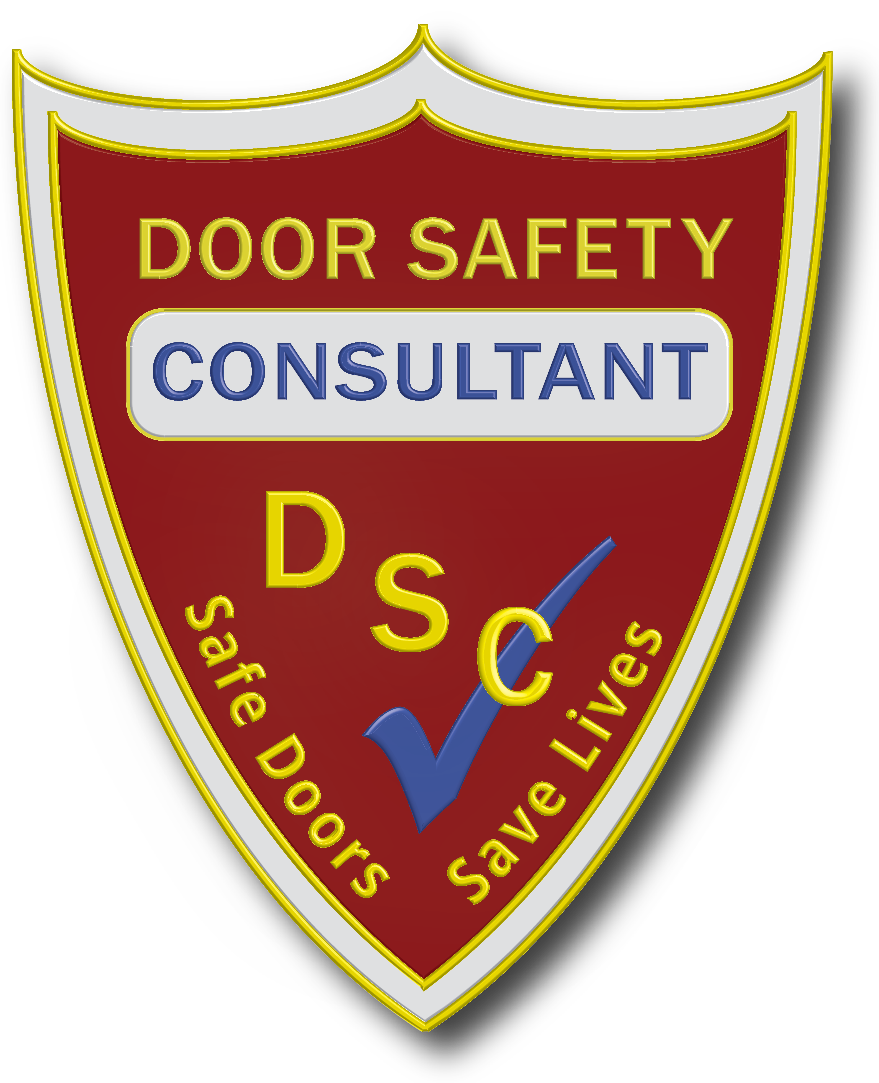|
Door Safety Consultant™ (DSC™)
Architectural plans and specifications for new construction and renovation projects include details of egress and fire door assemblies. Door Safety Consultants (DSC) meet and exceed NFPA’s Qualified Person standard (for NFPA 80 and NFPA 105) and NFPA 101’s Knowledgeable Person standard to perform safety inspections and testing of egress and fire door assemblies. Additionally, DSCs have mastered the skills of writing architectural specifications for door assemblies (in accordance with The Construction Specifications Institute’s (CSI) MasterFormat and SectionFormat specifications and practices).
1. Swinging Doors with Builders Hardware
DSCs have completed more than 100 hours of training, specific to Swinging Doors with Builders Hardware, which include online and in-person courses and classes.
The curriculum includes, but is not limited to, the following:
- All of the DSI curriculum.
- Introduction to the Fundamentals of Specification Writing of the Construction Specifications Institute (CSI).
- Designing functions of swinging door assemblies.
- Organizing and listing hardware components for door assemblies.
- Incorporating egress and fire door inspections and testing into architectural specifications.
- Writing and coordinating architectural specification sections for swinging door assemblies.
- Specifying submittal requirements for swinging door assemblies.
- Reviewing submittals for compliance with architectural specifications.
- Developing, maintaining, and using master specifications.
- Performing initial door safety inspections (e.g., punch list).
2. Other Categories of Doors (to be added at a later date)
Future categories of doors include: rolling steel fire doors; horizontally and vertically sliding fire doors; service counter fire doors; and more..
Eligibility Requirements:
Door Safety Consultant (DSC): DSI certification is required. Candidates can be in-house employees of a facility, employees of third-party service providers, or self-employed. Individuals who are already an Architectural Hardware Consultant (AHC) or a Certified Door Consultant (CDC) are recognized to have requisite knowledge and are therefore eligible for DSC certification after completing bridgework between certifications; contact us for more information on how you can become a Door Safety Consultant: How Do I Become a DSC?
DSC candidates must achieve a minimum score of 80 percent on the proctored certification exam to earn the DSC certification. DSCs receive a wallet card and certificate as proof of their certification. DSC certification is valid for three (3) years. DSCs are required to renew their certification through continuing education.


